

It was a moment of welcome levity after an evening of mostly morass. And with Von Otter utilizing her still-supple lower range in an American musical theater style, it provided the first evidence of pure singing in a program that was otherwise vocally worrisome.
Had Von Otter started with this number rather than ended with it, the audience would have had something nice to remember over the course of a recital spent in the winter of a great singer’s career. But the main focus was Schubert rather than Harvey Schmidt. Von Otter and her accompanist, the fortepianist Kristian Bezuidenhout, crafted a concert that testified to the composer’s gifts in both the lieder and keyboard repertory. Unfortunately, the delivery found both artists sounding equally wan.
Trouble was afoot from the first selection onward. “Der Einsame” found Von Otter in a self-consciously campy mode, gesturing broadly and underlining words with a lot of affectation but little sense of feeling. Disconcerting breaks were notable between her vocal registers, with her upper range sounding particularly hollow and unsupported. Pitch was sometimes unsteady, and Von Otter has not gained the richness in her middle voice that many mezzos acquire in the later years of their careers.
There were moments that suggested her true artistry, if not the former beauty of her well-knit instrument. She brought a characterful quality to “Der Geistertanz” that suited the spooky lyrics, and the staccato passages of the song suited her current capabilities. “An den Mond” became a haunting paean to the creep of old age.
Yet Von Otter’s interpretations seemed facile elsewhere. She offered no distinct delineation between the competing voices in “Der Tod und das Mädchen,” and the popular and well-known song came to naught. “Die Taubenpost” was pleasantly sung but held none of the psychological dimensions of the composer’s impending death.
The stunning “Nachtstück”—a spiritual counterpart to the composer’s better-known “Der Leiermann”—sounded maudlin rather than profound, although Bezuidenhout utilized the stylistic idiosyncrasies of the fortepiano to craft a compellingly eerie accompaniment.
Von Otter paired these selections with a suite of songs by Adolf Fredrik Lindblad, known to his countryman as “the Swedish Schubert.” Although he lived much longer than his Austrian counterpart, I heard little that suggested the singular artistry that has sustained Schubert’s reputation as the foremost lieder composer of all time. Only the sweetly contemplative “Vaggvisa,” a simple child’s lullaby, stood out as memorable.
At several points, Von Otter ceded the spotlight to Bezuidenhout, a formidable artist in his own right. He brought rhythmic security and technical skill to the Allegretto quasi Andantino from Schubert’s D537 sonata, but I would have liked more wit to underpin his brawny approach. The Andante from the D664 sonata sounded lush but trivial.
A total write-off was Mozart’s Rondo in A Minor, K511, which came across like Bezuidenhout was just warming up. As a partner to Von Otter throughout the evening, Bezuidenhout was supportive but rarely memorable.
The recital marked Von Otter’s first New York appearance in nearly four years, and the mood in the audience was warm and generous. (Famous collaborators Elvis Costello and Rufus Wainwright were spotted among the crowd.)
The singer may not be deep into the December of her career—she still has prominent opera engagements around the globe—but for those who remember the singular purity of her sound, her current vocal estate in classical music will be hard to take. But perhaps there’s a theater in Uppsala who could use a female El Gallo for their production of The Fantasticks?
Photo: © Mats Ba?cker
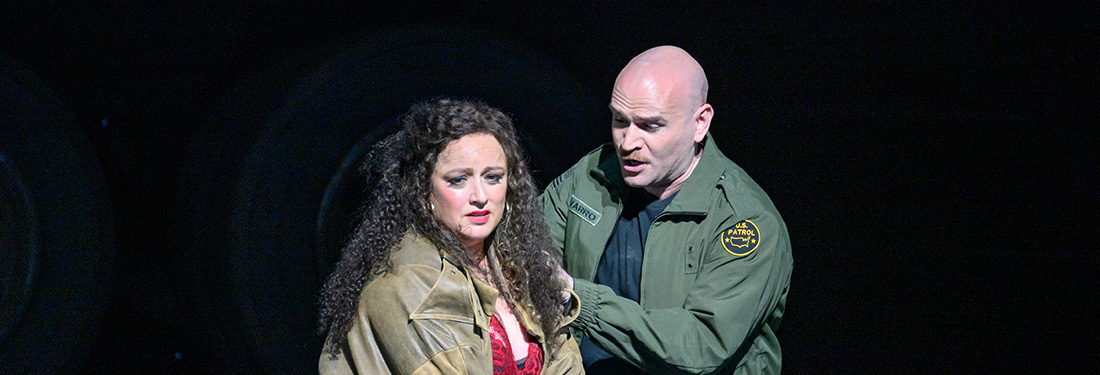
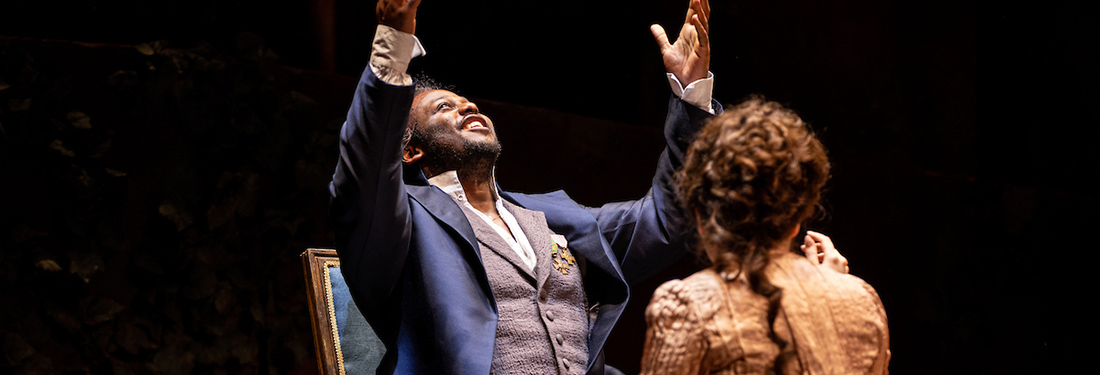
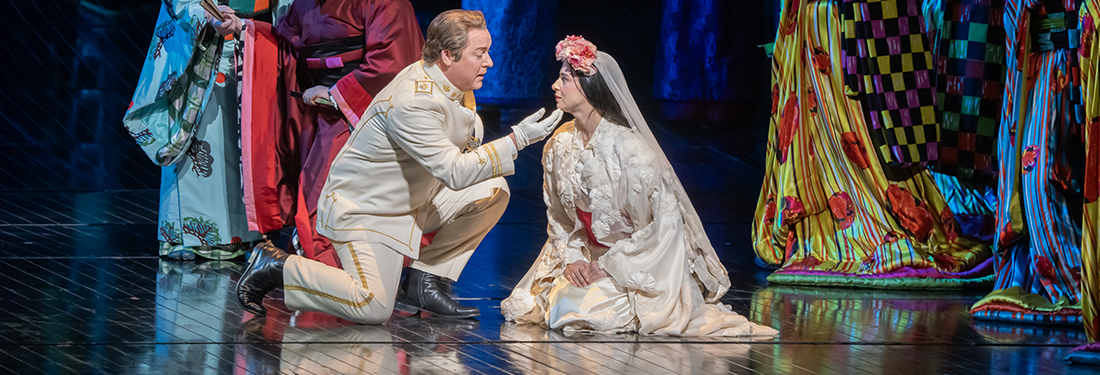
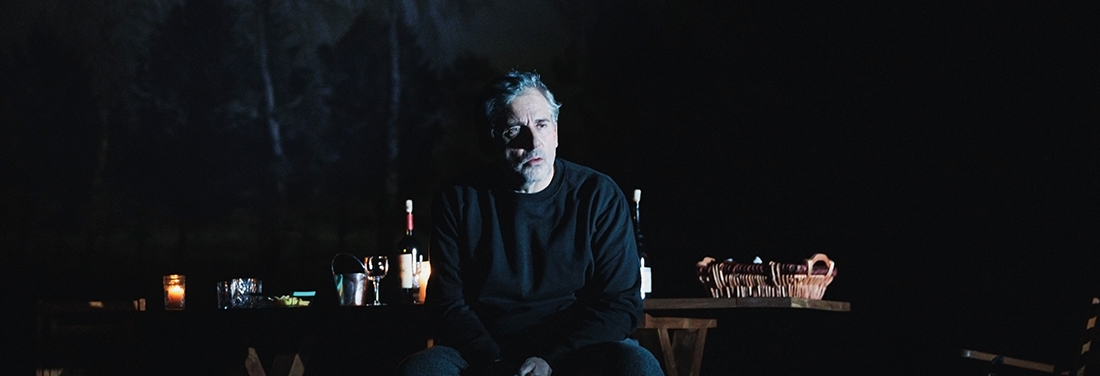
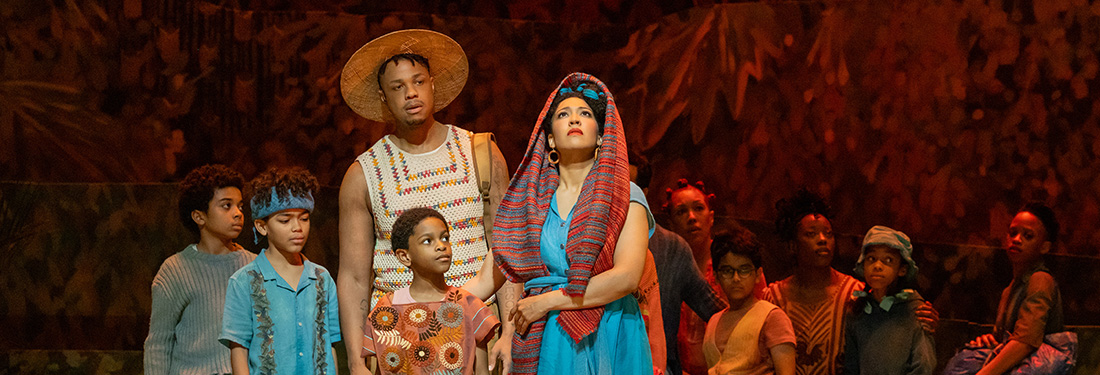
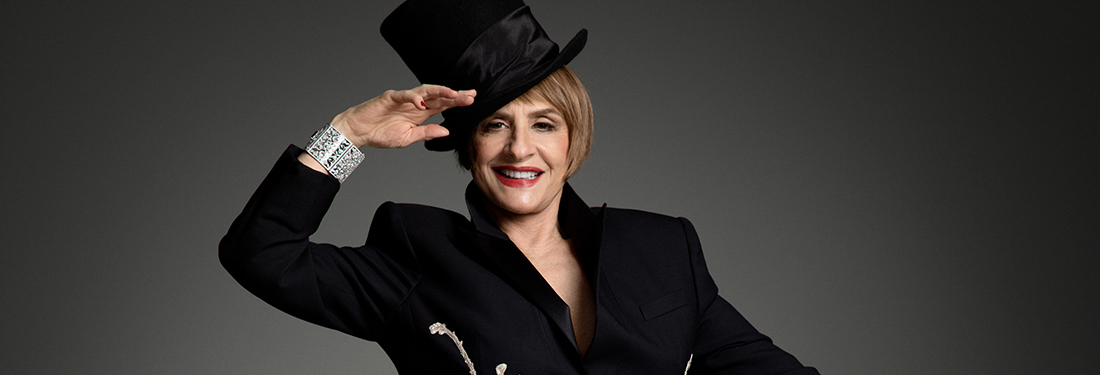
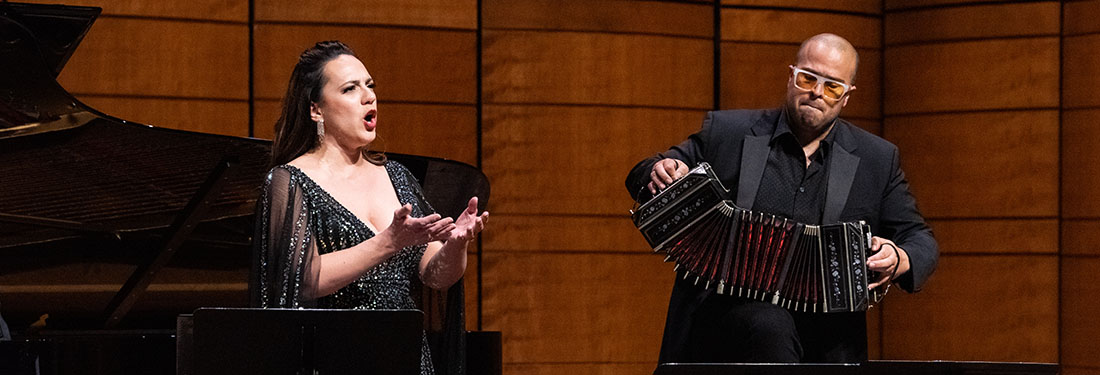
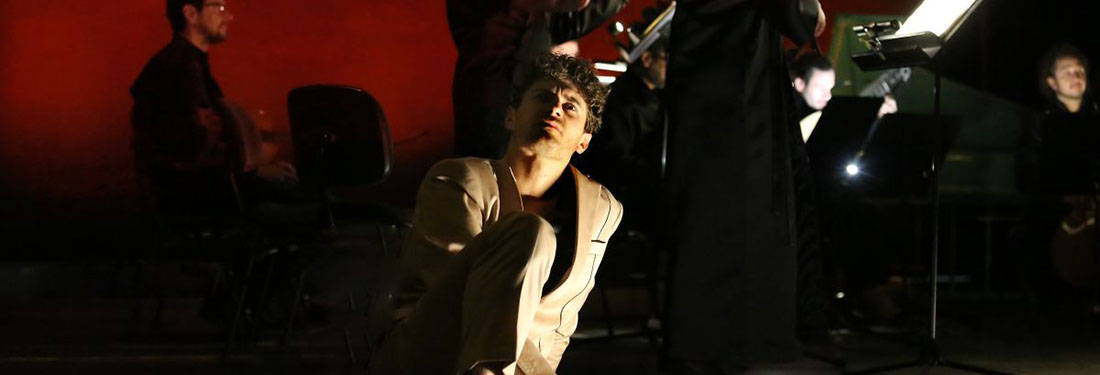
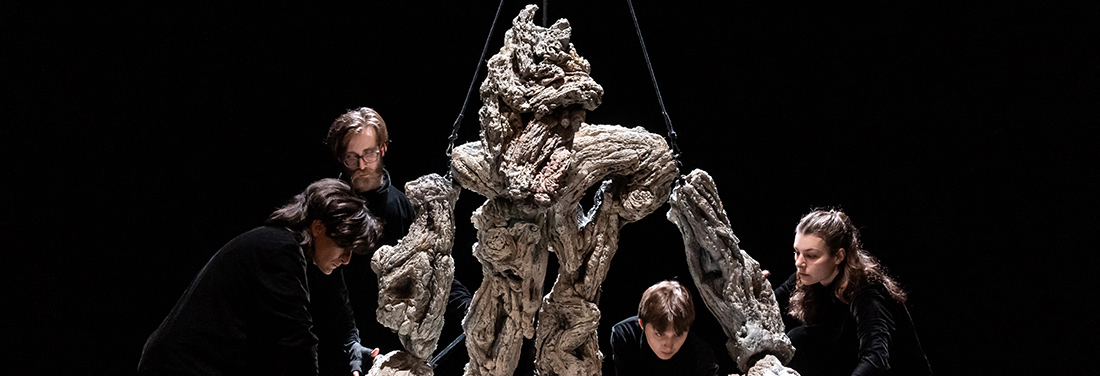
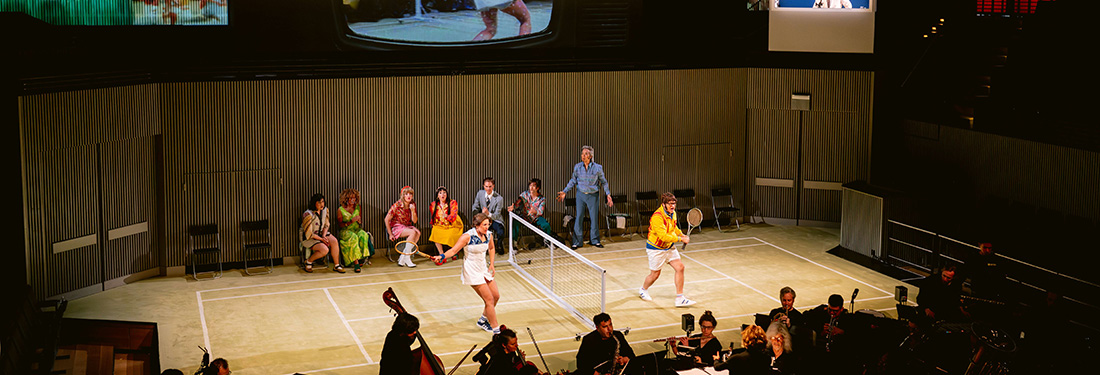
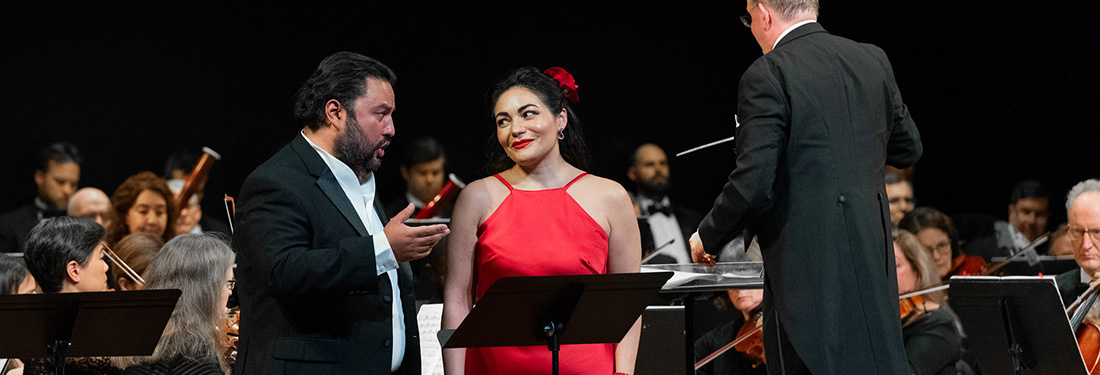
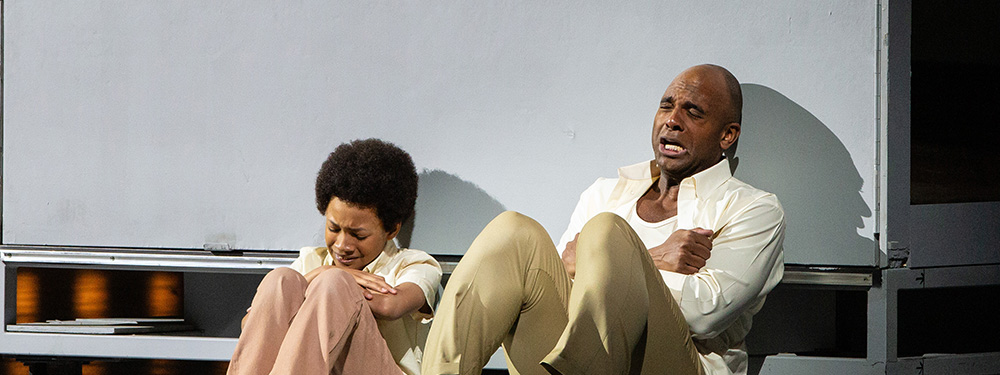
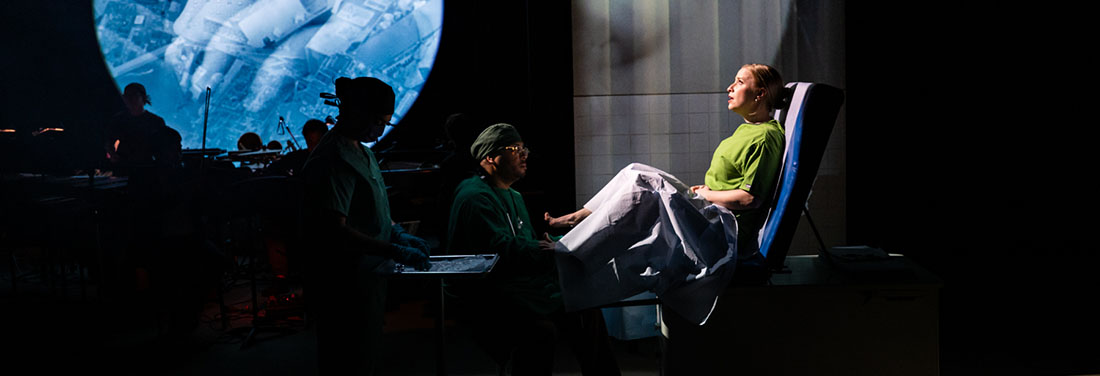
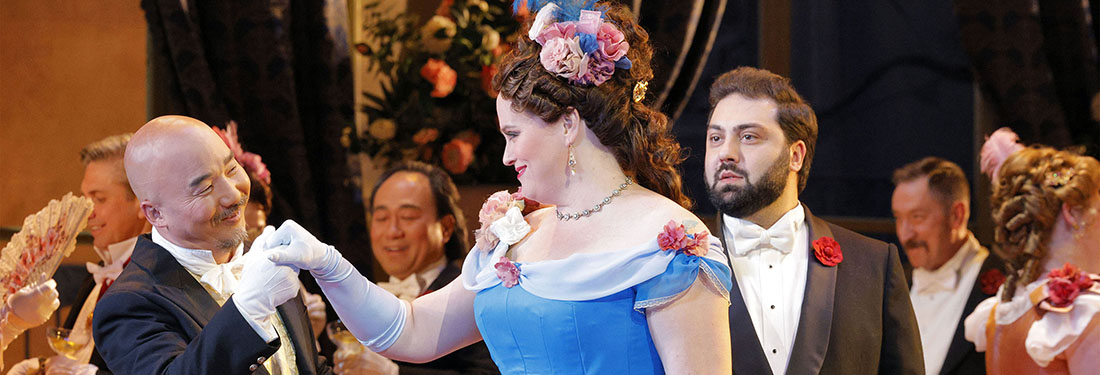


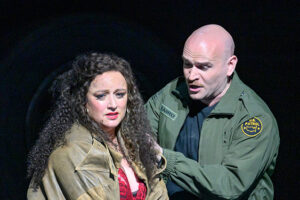
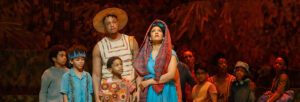




Comments